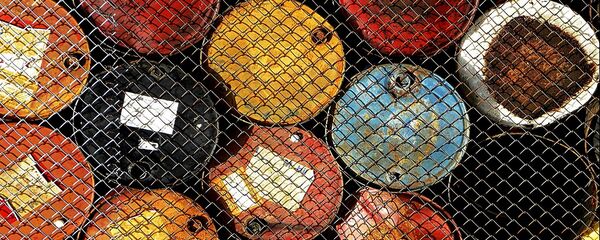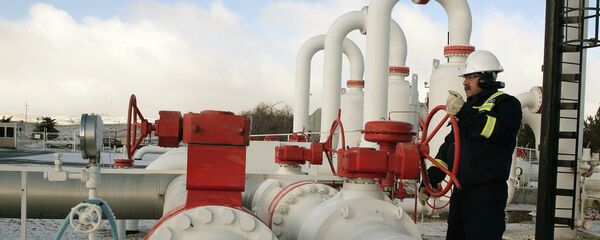However, crude oil from Saudi Arabia, Iran and Iraq recently came to the market.
Last year, Poland received the first shipment of Saudi oil. In April, Saudi Aramco signed a long-tern deal with PKN Orlen on supplies to Poland, Czech Republic and Lithuania.
In August, after a three-year pause, Iranian crude returned to the Polish market. The second-biggest buyer of Russian oil in the region, Hungary is increasing imports from Iraqi Kurdistan. Meanwhile, Ukraine is trying to build a partnership with National Iranian Oil. Kiev wants to become the gateway for the company to Eastern and Central Europe.
"But will oil from the Middle East be a real secure alternative to the Russian Urals oil?" the articl read.
This summer, Iran shipped 2 million barrels of crude to Poland. In August, the Iranian supertanker Atlantas arrived to the Polish port of Gdansk. It was greeted as a political game-changer just like the opening of the new oil Terminal Natfowy PERN in April.
Polish and German refineries rely on Russian oil coming mainly via a pipeline from Russia. The new terminal allows for importing oil from other suppliers if shipments from Russia are disrupted.
Nevertheless, the dream of Eastern and Central European states to stop reliance on Russian oil is far from becoming reality, according to the article. There are some conditions without which the import of Saudi or Iranian oil could not be possible.
First, oil prices are still low while oil in storage is at record highs. Thus, every producer is trying to dump as much crude as possible to the market. Iranians are said to sell their oil two times cheaper than their Saudi and Iraqi competitors, the article read.
Second, the cost of shipping is very low now. If shipping prices increase the oil shipments from Iran and other Middle Eastern producers to the Baltic Sea will stop being profitable. As a result, "Poland will still be dependent on Russian oil supply," the article read.
There are also noneconomic factors. The political situation in the Middle East is unstable so the region can hardly be regarded as a reliable energy supplier.
The transportation of oil by sea is always riskier than by pipeline. Even if Ukraine and Iran reach an agreement on the Ukrainian oil infrastructure oil still needs to be shipped to Odessa through Bosporus and the Hormuz Strait, the article read.
"Importing oil from the Middle East is important for Central-Eastern Europe because it provides an alternative to the Urals and enhances the negotiating position with Russia. But in reality, the Russian share in oil delivery to these countries will drop by only few percent," the article concluded.






